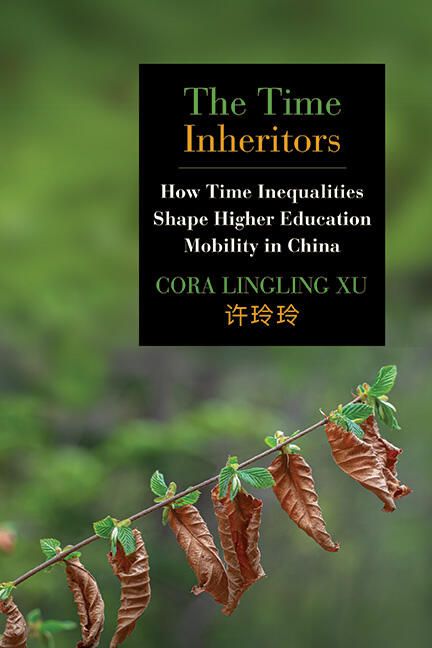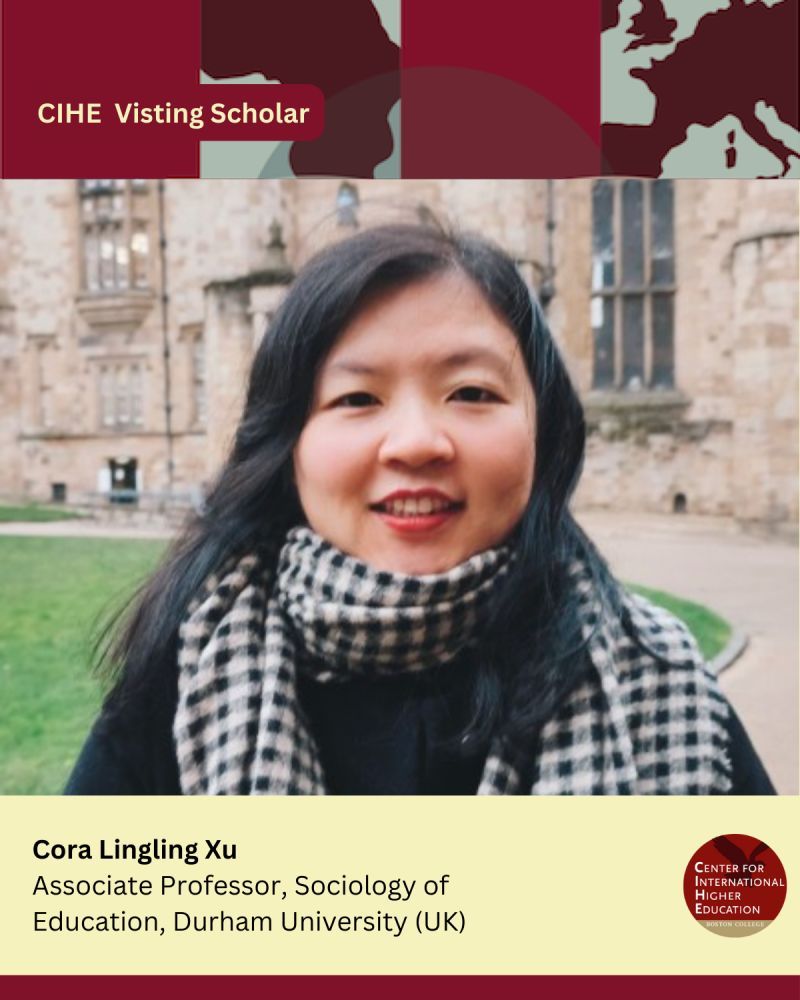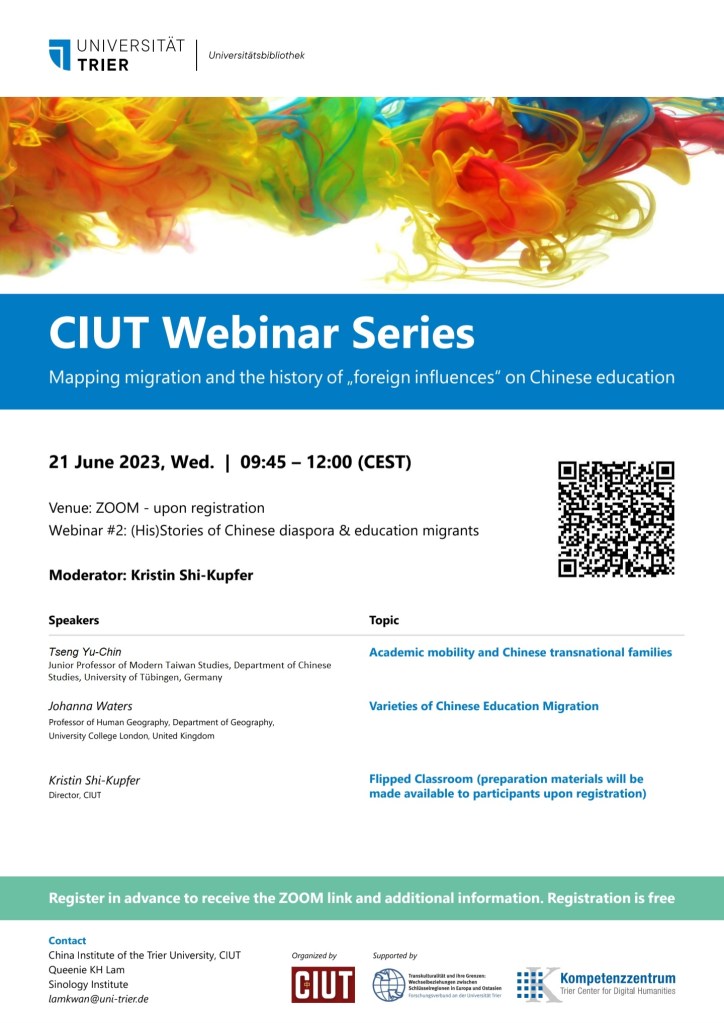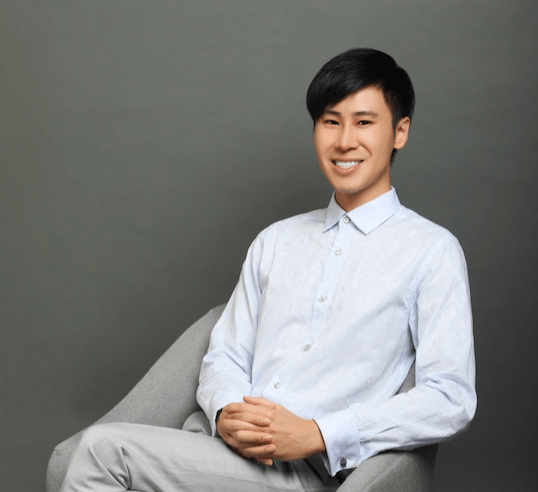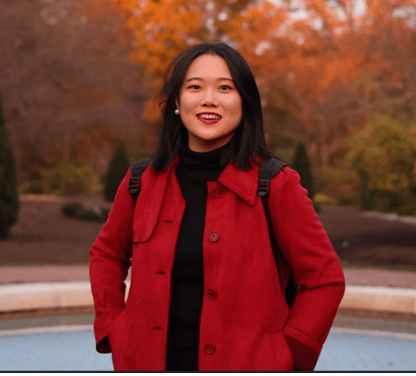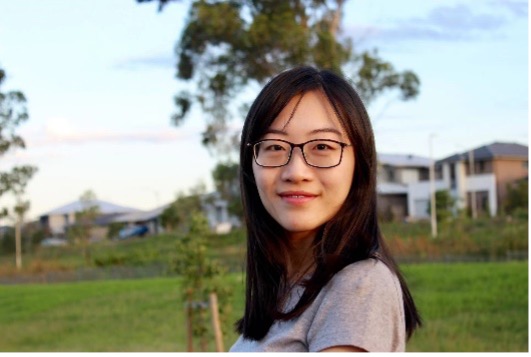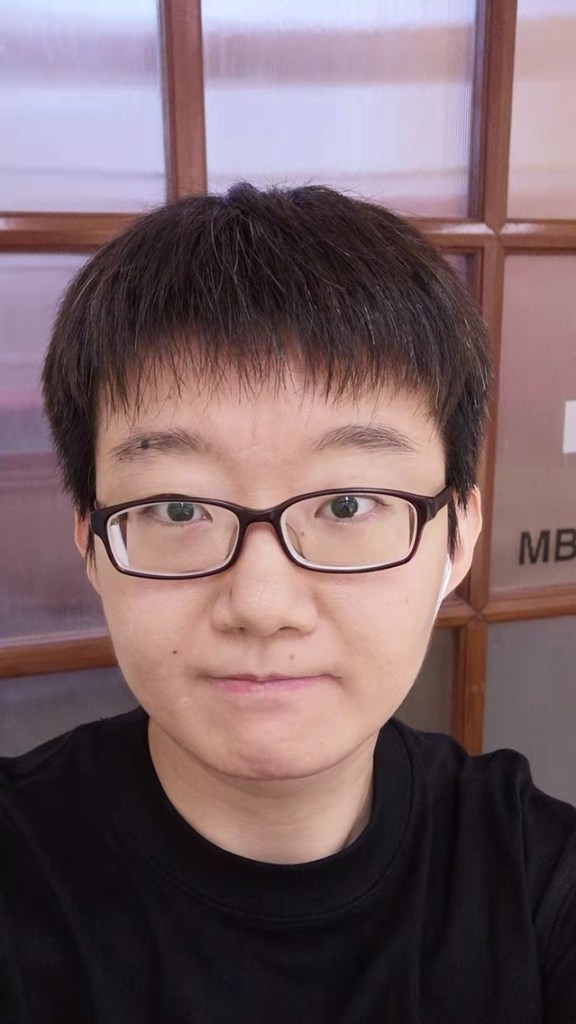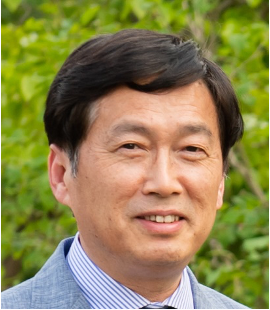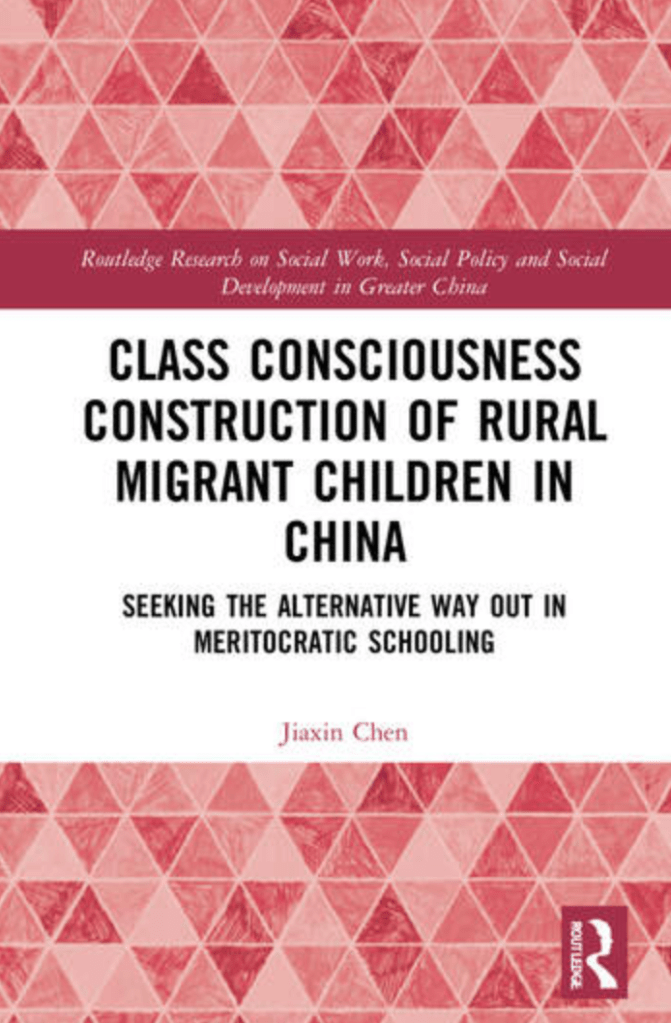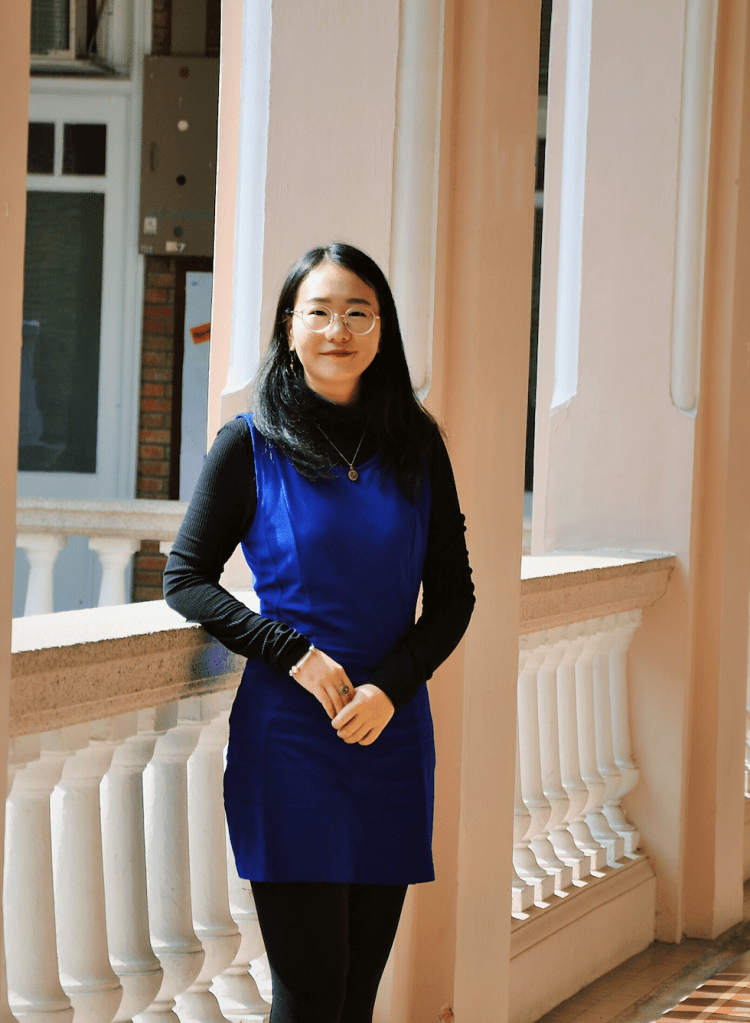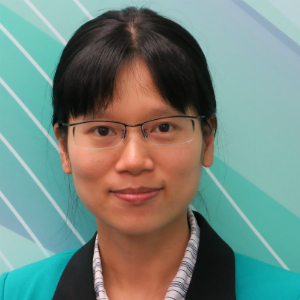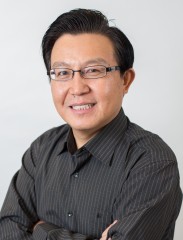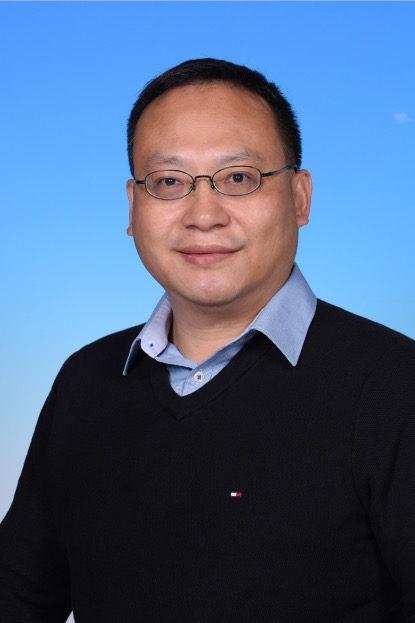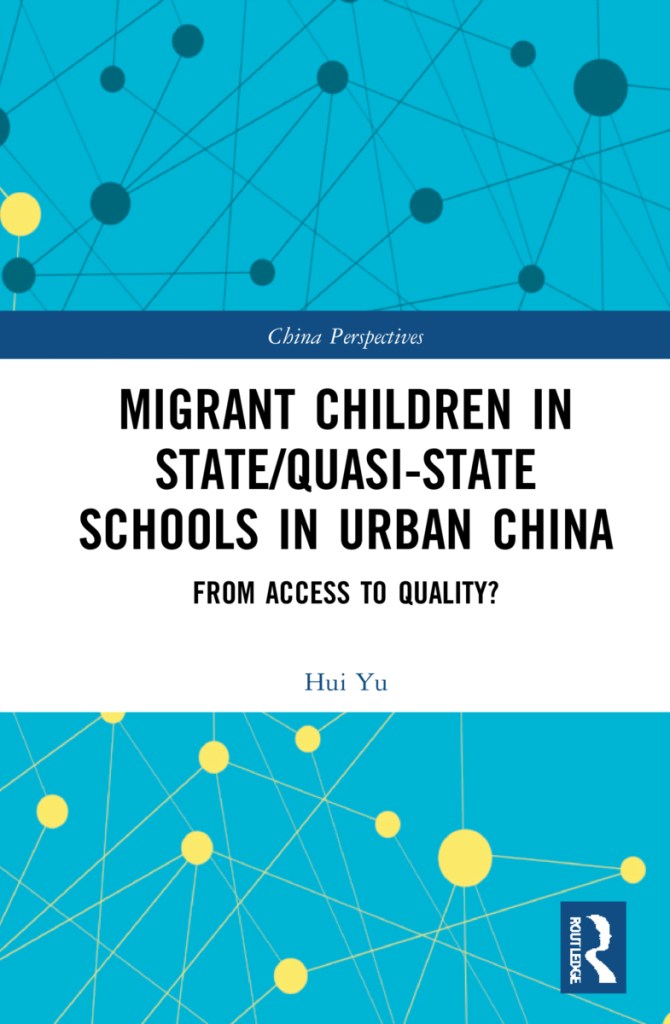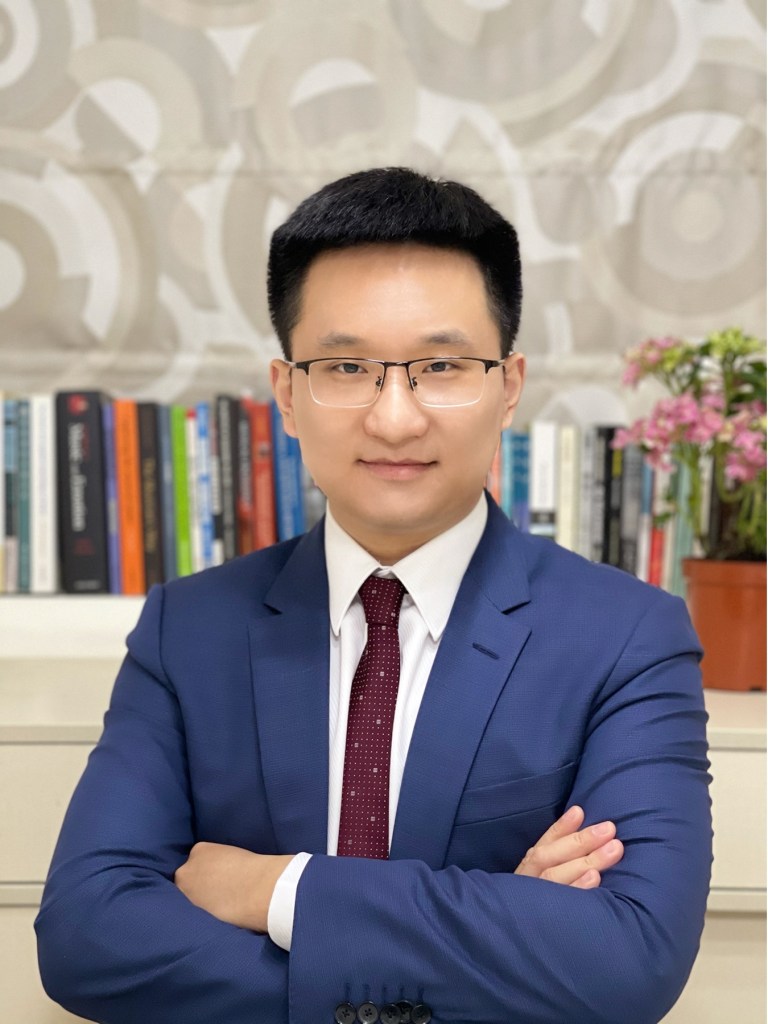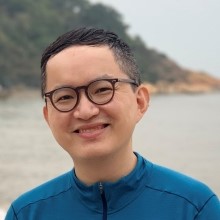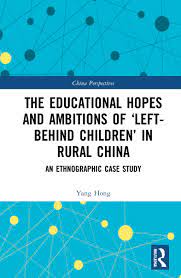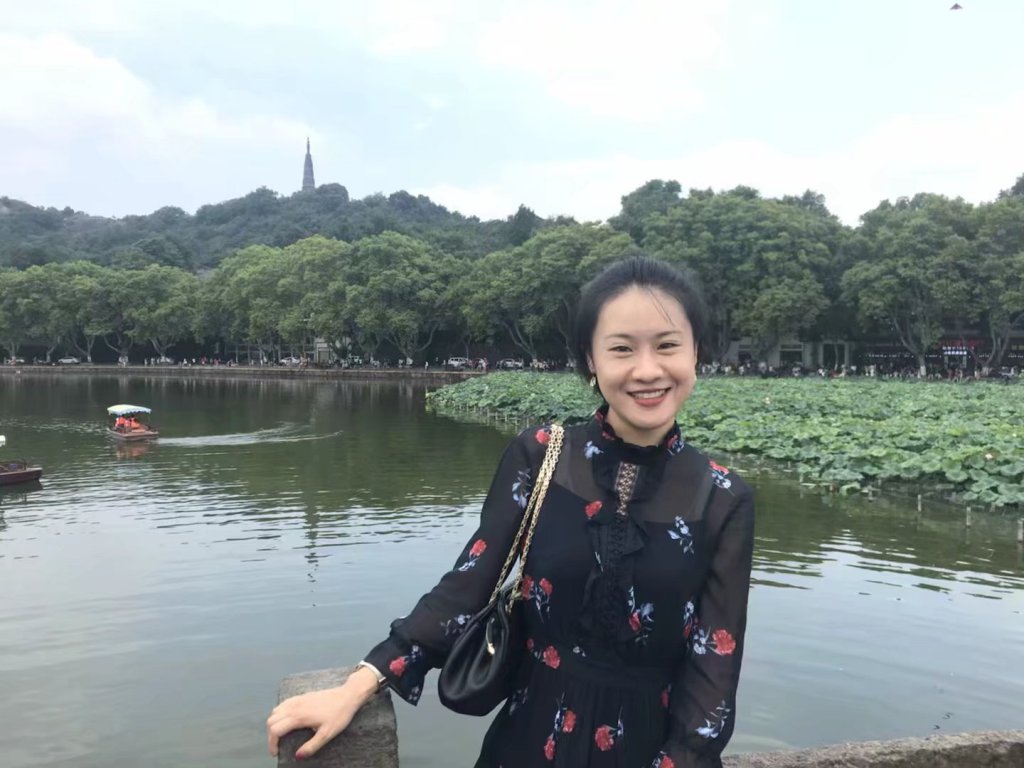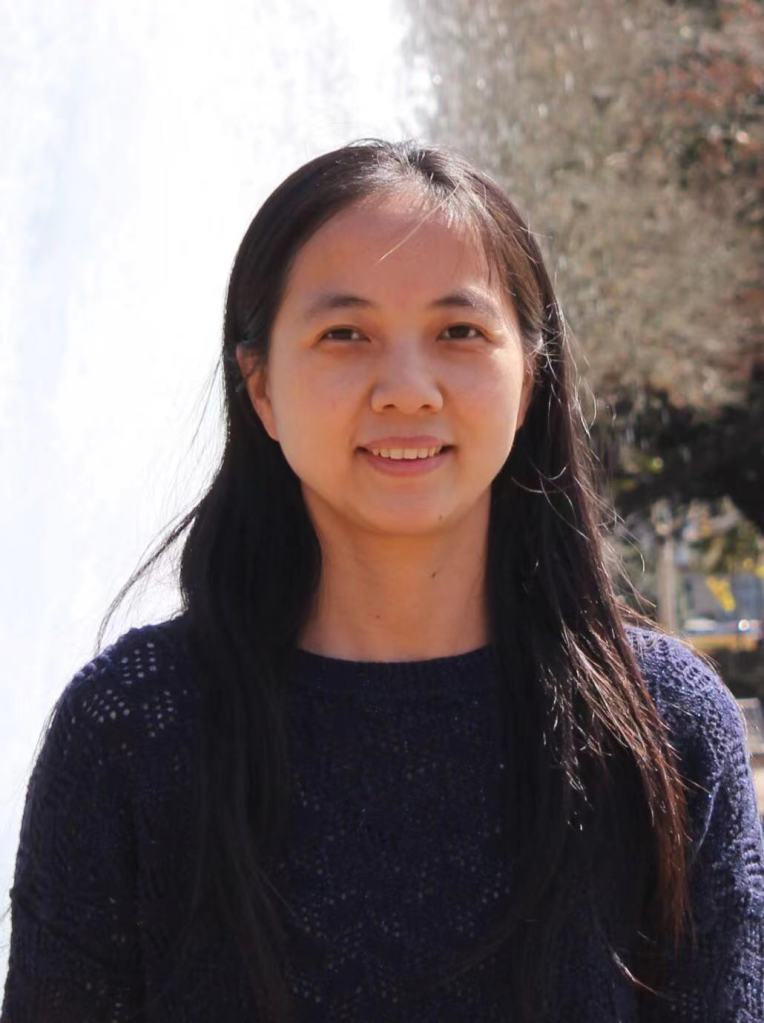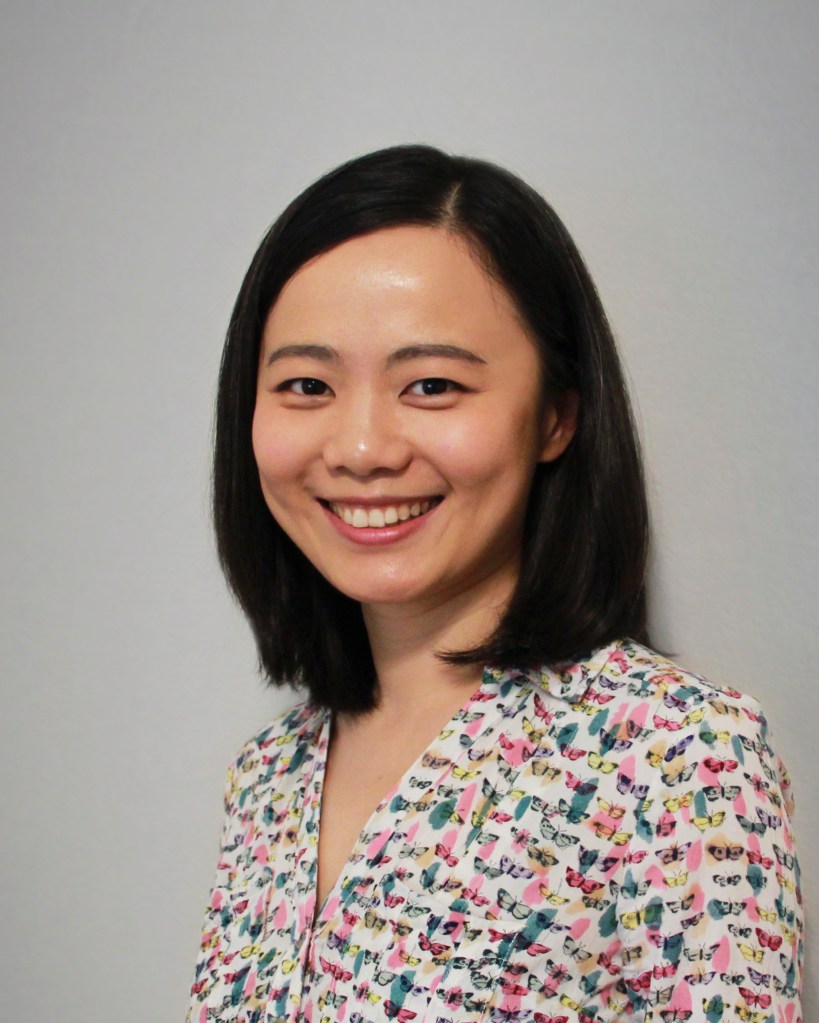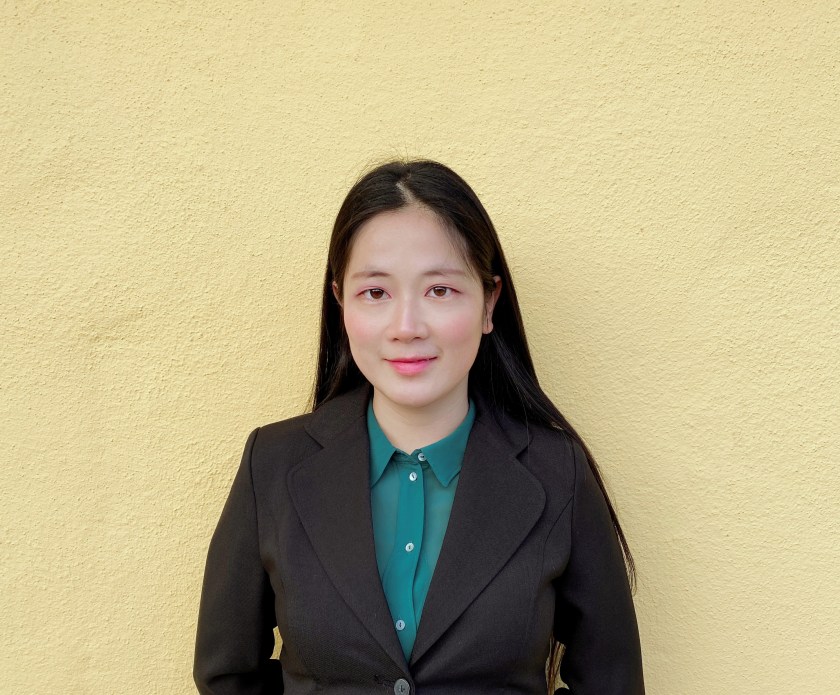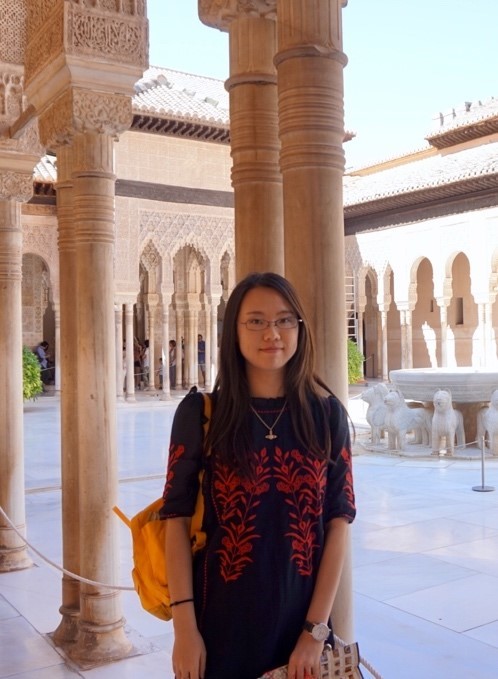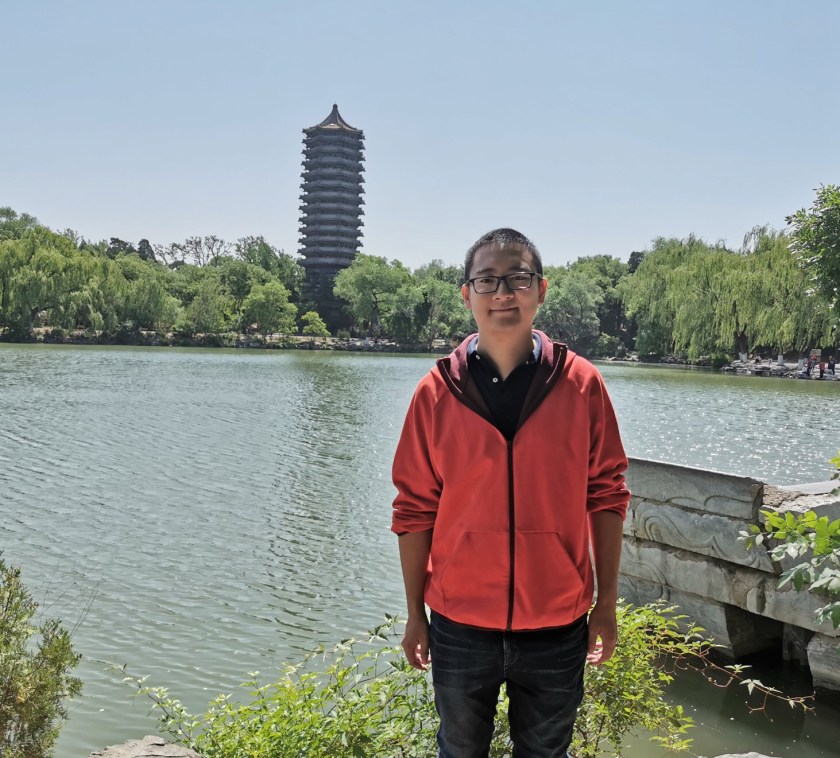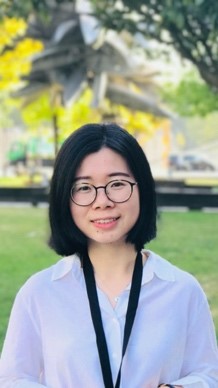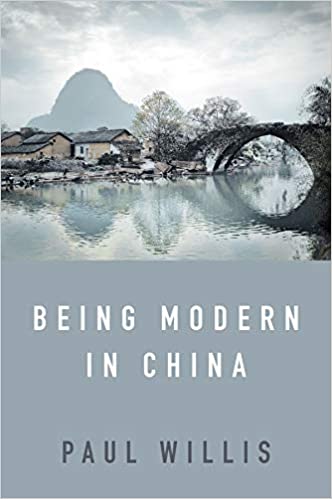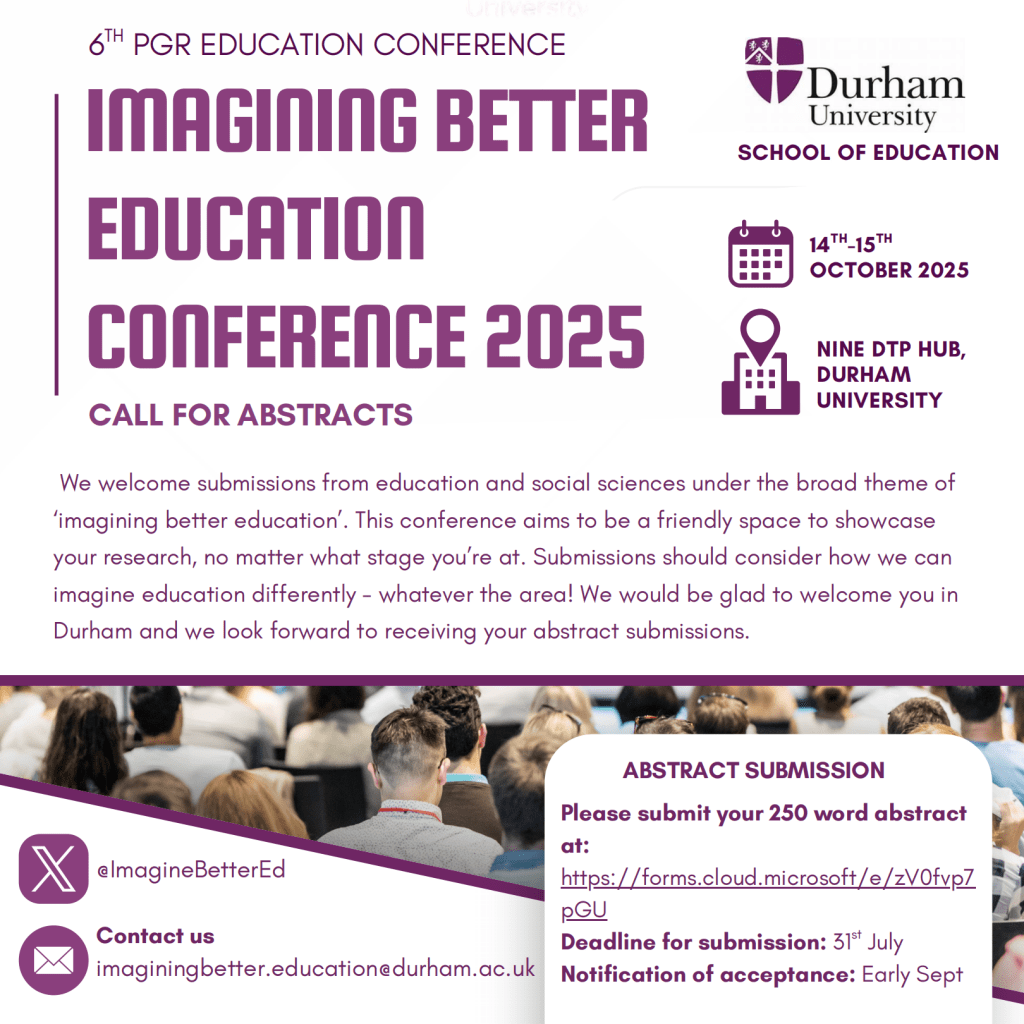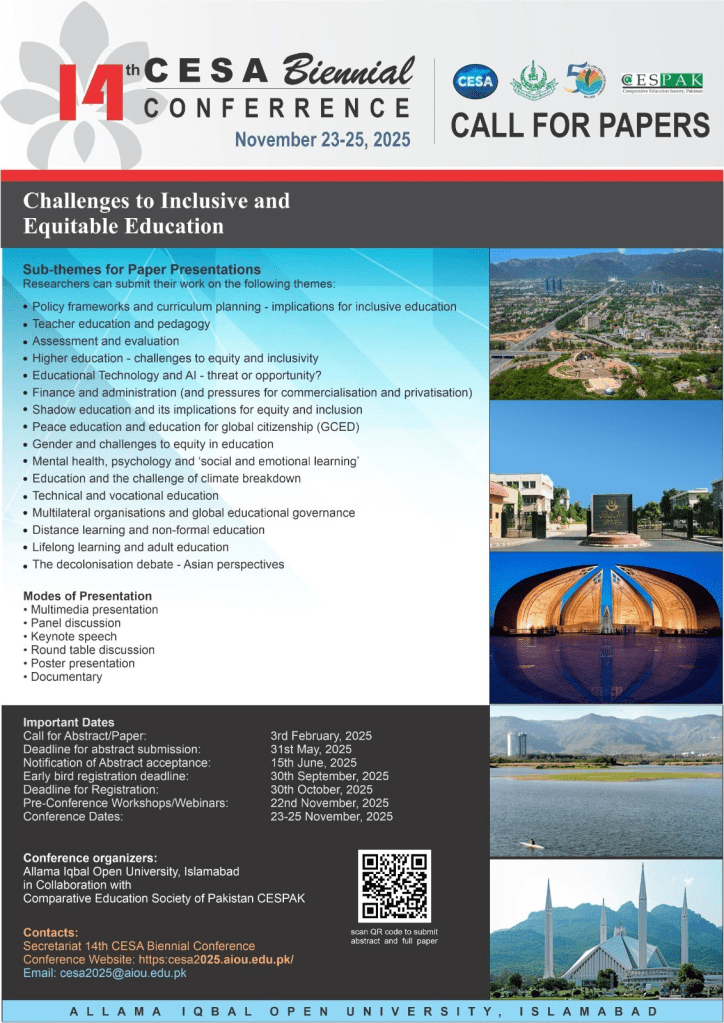Ma, Y. and Wright, E. (2022), “Expanding flexible citizenship: Chinese international school students and global mobilities for higher education“, Social Transformations in Chinese Societies, Vol. ahead-of-print No. ahead-of-print. https://doi.org/10.1108/STICS-05-2022-0010
There is a rich literature on the mobilities of international students for higher education (e.g., Brooks and Waters, 2022). Previous research, however, has focused almost exclusively on students already abroad. It has tended to overlook a significant development in education systems worldwide: the expansion of international schools that serve as a pipeline to overseas higher education for a local base of middle-class families (Bunnell, 2022; Wright et al., 2022). In China, the number of international schools boomed from 22 in 2000 to 1,103 in 2022, with an enrolment of around 406,037 students (ISC Research, 2022). Although international schooling has been historically associated with mobile expatriates, 87 percent of international schools in China cater exclusively or primarily to Chinese citizens (NewSchool Insight, 2019). In this article, we report on interviews with final-year high-school students (n=60) and parents (n=16) from eight international schools in Shenzhen, covering their motivations for overseas higher education, experience with international schooling, self-perceived identities, and imagined futures.
In so doing, we interrogate and expanded on the flexible citizenship framework by illuminating the emergent identities and imagined future mobilities of students from China’s international schools. Flexible citizenship, defined as ‘cultural logics of capitalist accumulation, travel, and displacement that induce subjects to respond fluidly and opportunistically to changing political-economic conditions’ under globalisation (Ong, 1999, p. 6), has been widely applied to understand the identities of Chinese international students (e.g., Fong, 2011, Wu and Tarc, 2021; 2022). From this perspective, Chinese students and their families are mainly portrayed as instrumentalist, investing in Western education to obtain cultural symbols of academic credentials that are convertible to enhanced prospects for imagined futures overseas.
By contrast, we found that the participants chose to pursue not only the symbolic capital of degrees but also a high-quality, open, diverse, critical, and character-building education, i.e., embodied cultural capital cultivation for a globalised world. By aspiring for elite universities in Anglophone societies, they demonstrated a complex understanding of elite degrees as positional goods in a global higher education landscape hegemonised by the West (Marginson, 2008) as well as the core of international education as building intercultural competencies and cosmopolitan dispositions (e.g., Weenink, 2008). Unlike the Chinese international students in previous literature who have been represented as ill-prepared for Western education (e.g., Fong, 2011), international schooling experience appears to have helped our participants feel confidently ready for overseas studies through English proficiency, international curricula, and extracurricular exposures.
International schooling appears to have instilled authentically globally-oriented values in the students. The students in our study regarded themselves as knowledgeable and critical about global issues, respectful of cultural diversity, and responsible for global betterment, thus self-perceived ‘global citizens’. Similar global-oriented logics were missing in the flexible citizenship framework, with its narrow focus on instrumental considerations (Fong, 2011; Ong, 1999). Our participants maintained a strong Chinese identity, which they considered compatible with being ‘global citizens’. On the surface, their Chinese roots may resemble the emotional, cultural, and social attachments’ flexible citizens’ had toward home (Ong, 1999). However, our participants’ confidence in China as a rising global power and willingness to build careers in China set them apart from flexible citizens, whose primary goal was to escape a ‘backward’ China and pursue livelihoods in the developed world. We argue that, even though instrumental thinking and flexibility were at play in our participants’ choice of overseas higher education and imagined futures, the students were becoming global citizens with Chinese roots.
Expanding on our findings, we discusss the changing desire among Chinese families for overseas higher education across three generations: before the Reforms and Opening-up in 1978, from the 1980s to the early 21st century, and in the first two decades of the 21st century. First, before the Reforms and Opening-up in 1978, socialist and patriotic discourses dominated China. People typically formed strong political, social, and emotional bonds to the socialist rule and felt hostile toward the ‘capitalist West’. Under a strict state-planning economy, the urban population were distributed in ‘work units’ that offered accommodation, medical care, children’s education, and other essential life assurances (Bian, 1994). For a vast majority of the population, education played a relatively insignificant role in determining life chances. In this context, overseas education was unwelcome and unnecessary.
Second, from the 1980s to the early 21st century, economic reforms disrupted socialist public institutions such as housing, healthcare, and education and placed Chinese families under increasing social insecurities and self-accountability. An individualised, success-driving ethic began to dominate (Yan, 2013). Education gradually became a vital means to climb the social ladder. Free compulsory education was universalised in the 1980s, and the 1990s witnessed expansions of high school and postsecondary education. The One-Child policy further motivated urban parents to invest in the education of their ‘only hope’. Moreover, as cultural inputs from the outside world (e.g., TV shows, music, literature, food) and developing-versus-developed-world discourses were popularised, many found it hard to shake off the idea of a ‘backward’ China or uncertainty about its future (Fong, 2011, pp. 70-71). A growing desire for ‘the developed world’ motivated families from diverse backgrounds to desire overseas education despite the high costs, especially when they saw little chance to succeed in the national education system. This was the period when both Ong (1999) and Fong (2011) conducted their research that generated and popularised the flexible citizenship framework.
Third, in the first two decades of the 21st century, when our student participants were born and raised, individualisation and competition intensified in Chinese cities. With individual responsibility for educational success and future prosperity, aspirations and anxieties merged to characterise urban Chinese families (Kipnis, 2011). The mass expansion of higher education in China began to be criticised for exacerbating inequalities in access to elite universities, graduate unemployment, and credential inflation (e.g., Mok, 2016). As an alternative, more affluent families demanded overseas education, which contributed to responsive policy relaxations, including international schools’ expansion to cater to local students.
Additionally, the young generation in China has grown up as learners of the English language, active users of the Internet, and consumers of global brands and cultural products. Their global awareness and cultural readiness for overseas studies, therefore, tends to be more developed than previous generations. On the global stage, China increasingly presented itself as a rising power, not only in economic terms, but also through ‘soft power’ initiatives such as ‘One-Belt-and-One-Road’, foreign aid, peace-making missions, contributions to Sustainability Goals, and so on (e.g., Jiang, 2021). Meanwhile, the image of developed countries suffered, for example, through the financial crisis in 2008, political scandals, campus shootings, and, most recently, the perceived mishandling of Covid-19. The prestige of overseas education, especially the elite Western universities, still firmly stands. Nonetheless, overall, we argue that the events of the past twenty years contributed to the international school students’ emergent identities that deviate from traditional accounts of flexible citizenship by combining authentically globally-oriented values with self-confidence regarding their China and their Chinese roots.
References
Bian, Y. (1994), Work and Inequality in Urban China, State University of New York Press, Albany.
Brooks, R., & Waters, J. (2022). Partial, hierarchical and stratified space? Understanding ‘the international’ in studies of international student mobility. Oxford Review of Education, 1-18.
Bunnell, T. (2022). “The crypto-growth of “International Schooling”: Emergent issues and implications”. Educational Review, Vol 74 No 1, pp. 39-56.
Fong, V. (2011), Paradise Redefined: Transnational Chinese Students and the Quest for Flexible Citizenship in the Developed World, Stanford University Press, Stanford.
ISC Research (2022), Data on international schools, available at: https://iscresearch.com/data/
Jiang, X. (2021), “Moving the agenda forward”, China Daily, 16 July, available at: https://www.chinadaily.com.cn/a/202107/16/WS60f0cc51a310efa1bd6623be.html
Kipnis, A. B. (2011), Governing Educational Desire, University of Chicago Press, Chicago.
Mok, K. H. (2016), “Massification of higher education, graduate employment and social mobility in the Greater China region”, British Journal of Sociology of Education, Vol. 37 No. 1, pp.51-71.
NewSchool Insight (2019), 2019 Annual Report of International Schools in China: Policy and Market Research (in Chinese), NewSchool Insight, Beijing.
Ong, A. (1999), Flexible Citizenship: The Cultural Logics of Transnationality, Duke University Press, Durham.
Weenink, D. (2008), “Cosmopolitanism as a form of capital: parents preparing their children for a globalising world”, Sociology, Vol. 42 No. 6, pp.1089–1106.
Wu, X. and Tarc, P. (2021), “Chinese international students in a Canadian private secondary school: becoming flexible citizens?”, Compare: A Journal of Comparative and International Education, Vol 51 No 6, pp. 901-919.
Wright, E., Ma, Y., & Auld, E. (2022). Experiments in being global: The cosmopolitan nationalism of international schooling in China. Globalisation, Societies and Education, Vol 20 No 2, pp. 236-249.
Authors’ bio:
Ewan Wright is an Assistant Professor in the Department of Education Policy and Leadership at the Education University of Hong Kong (EdUHK). He is also a Research Fellow at the Joseph Lau Luen Hung Charitable Trust Asia Pacific Centre for Leadership and Change. At EdUHK, he is the Programme Leader of the Executive Master of Arts in International Educational Leadership and Change. He is currently conducting a University Grants Committee of Hong Kong-funded project on the proliferation of international schooling in China’s Greater Bay Area. His work has been published in well-regarded journals such as British Educational Research Journal, British Journal of Sociology of Education, Discourse, Globalisation, Societies and Education, and Higher Education.
Ying Ma is an Associate Research Professor at the Institute of Higher Education, Fudan University. She received her PhD from the University of Hong Kong. Her main research interests include student experience of higher education, graduate employment, and international education (schooling). She has published in well-regarded English- and Chinese-language academic journals such as Globalisation, Societies and Education and Tsinghua Journal of Education.
Managing editor: Tong Meng
